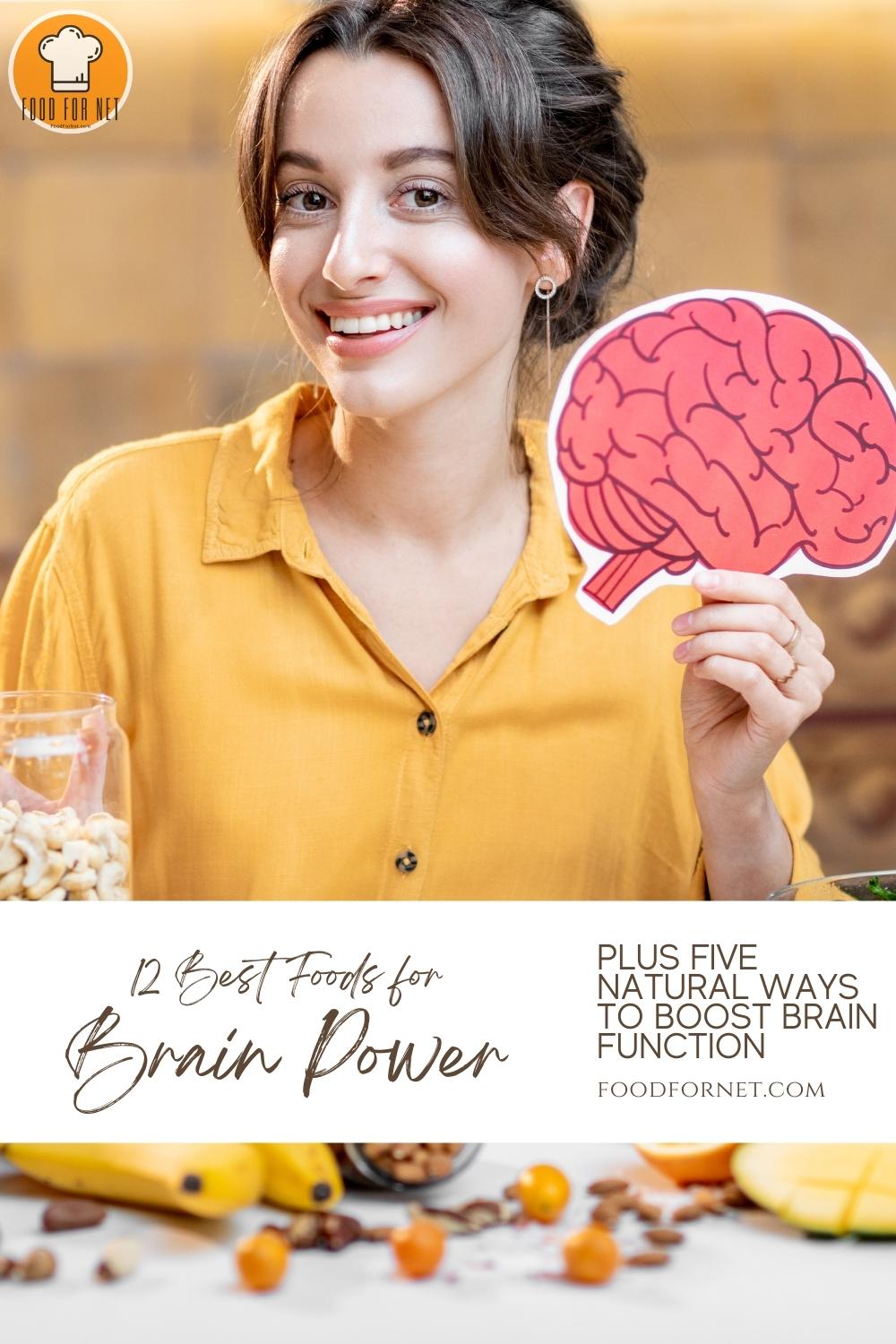
We’ve all had moments where we’re foggy-brained. It’s become more a concern since the COVID-19 outbreak because the coronavirus tends to negatively impact the ability to think. This could be due to an inflammatory response caused by spike proteins in the blood, which could disrupt the blood-brain barrier.
This makes it even more important to eat foods rich in anti-inflammatory compounds, vitamins, and minerals that reduce inflammation and support healthy brain function.
If you’re interested, read through this list of the 12 best foods for brain power. At the end of this article, I’ll share five ways to boost your brain power naturally.
Foods For Brain Power (With Pictures!)
Salmon
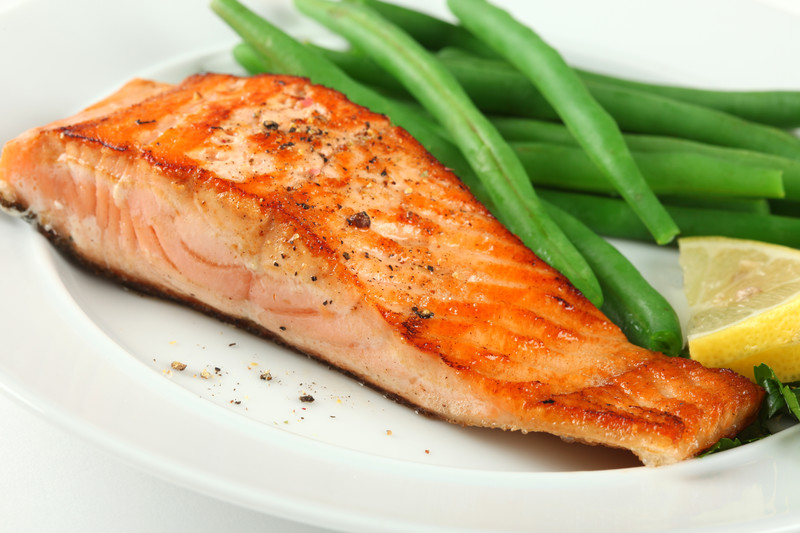
Salmon and other fatty fish, such as tuna, mackerel, and sardines, are rich in omega-3 fatty acids. Omega-3 fatty acids have several health benefits. They’re well known for supporting heart health, but they also promote eye health and improve metabolic syndrome.
When it comes to brain health, omega-3 fatty acids play several roles. They’re important for brain health and development during pregnancy and early life. They also have a positive impact on ADHD, and they could help ease anxiety and depression. Some resources indicate that the omega-3 fatty acids found in salmon could help slow dementia, and they could help stabilize some mental disorders.
Salmon contains other nutrients that could benefit the brain, too. This includes vitamin D, which plays an important role in brain health. One small salmon fillet contains around 116% of the daily recommendation for vitamin D.
Chia Seeds
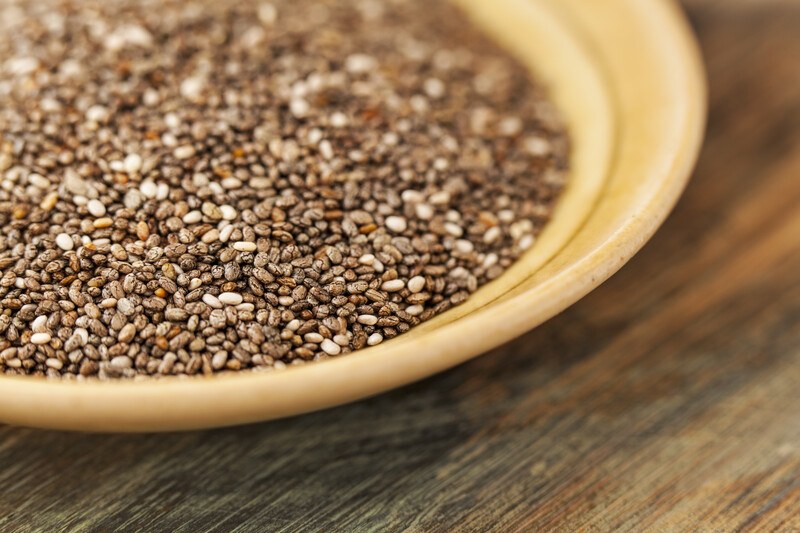
Like salmon and other fatty fish, chia seeds are rich in omega-3 fatty acids. These small black seeds are native to northern Mexico and are packed with nutrients that support brain health and overall body health.
An ounce of chia seeds provides 12% of the daily recommendation for iron, 17% for calcium, and 23% for magnesium. Magnesium is interesting because it is essential for brain function. Some forms of magnesium can cross the blood-brain barrier. Magnesium has been associated with a younger biological brain, improving memory loss, and treatment for depression. It has a positive impact on some neurological disorders and may play a protective role in fighting other issues.
Green Leafy Vegetables
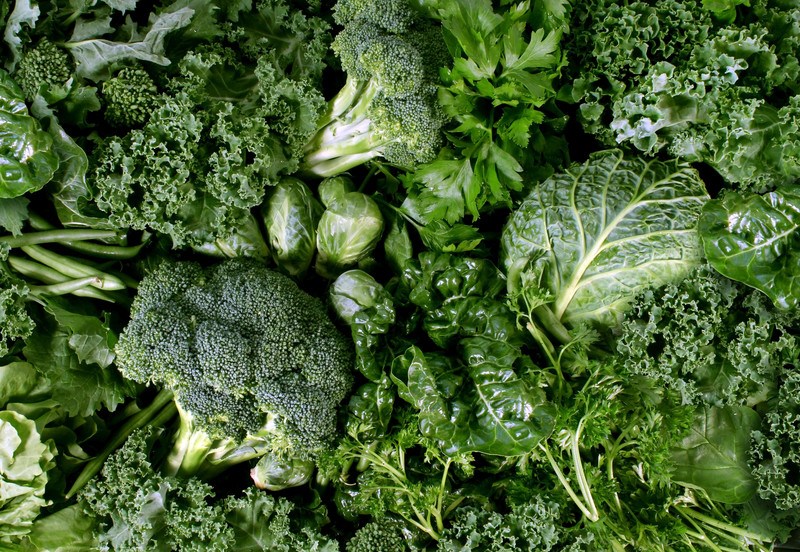
Green, leafy vegetables like spinach, kale, Swiss chard, and mustard greens are loaded with vitamins and minerals that keep the brain and body functioning well. These veggies are generally low-calorie, low-carbohydrate foods that fit well in a ketogenic diet. This could be helpful for brain health because some sources suggest that cognition is clearer when the brain is using ketones for fuel rather than sugar.
Folate is important, too, and some dark green, leafy veggies are rich in folate. For example, a cup of spinach provides 15% of the daily recommendation for folate. Folate is important because it contributes to the development of a healthy brain.
Green, leafy vegetables are definitely one of the vitamin K-rich foods, which is gaining recognition for its role in brain health. A cup of Swiss chard provides around 249% of the daily recommendation for vitamin K.
Avocado
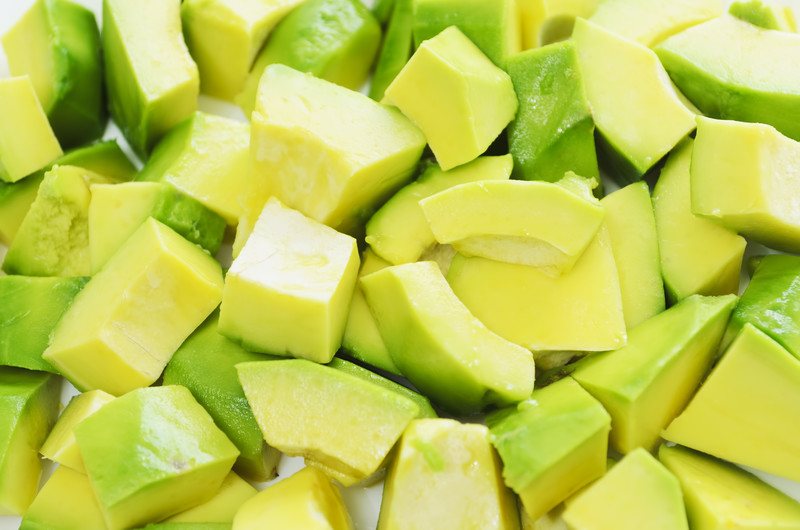
Avocadoes are often spoken of as a superfood, because they contain so many vitamins, minerals, and other nutrients. One avocado fruit provides 30% of the daily recommendation for folate, 26% for vitamin K, and 11% for magnesium.
Avocados are also rich in healthy fats. 70% of the fat found in avocadoes take the form of oleic acid, the same healthy fat found in olive oil. While oleic acid may best be known for supporting heart health, it also supports brain function. Oleic acid is an important component of the myelin sheath, which protects nerves and neurons in the brain and throughout the body.
One other way that avocadoes support brain health is by improving gut health, because the brain and the gut are interconnected this way. The healthier the gut is, that is of course by having foods that are good for microbiome health, the healthier the brain and the rest of the body tend to be. Avocados provide fiber, which is needed for a healthy gut. One avocado contains 36% of the daily recommendation for fiber.
Lean Beef
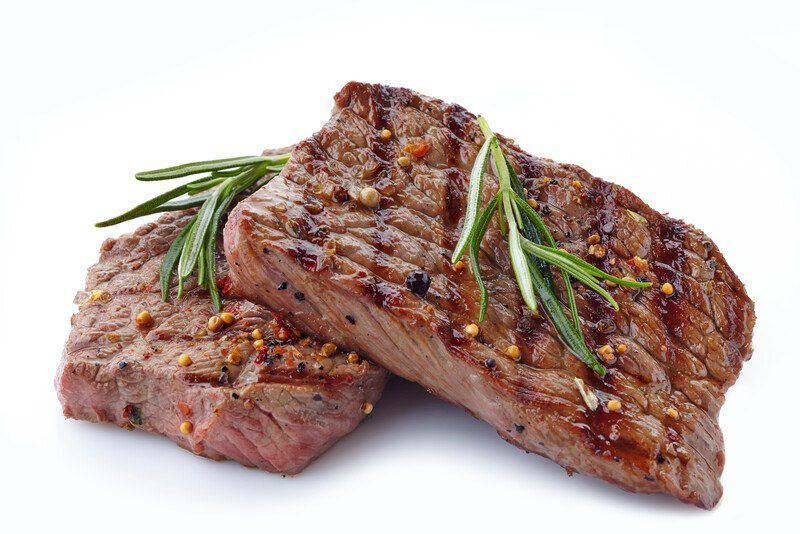
Lean beef is an excellent source of several vitamins and minerals that support brain function. One of those nutrients is vitamin B12. Vitamin B12, also known as cobalamin, is essential for normal brain function. A four-ounce serving of 97% lean ground beef provides around 106% of the daily recommendation for vitamin B12.
Lean beef is rich in selenium and zinc, and these trace minerals also play an important role in brain function. Selenium is involved in memory, cognition, muscle coordination, and proper signaling between neurons. Zinc is also important for neurotransmission, as well as for protecting the cell membrane of brain cells and supporting healthy metabolism within brain cells. Four ounces of lean beef provides around 54% of the daily recommendation for zinc and 36% for selenium.
Berries
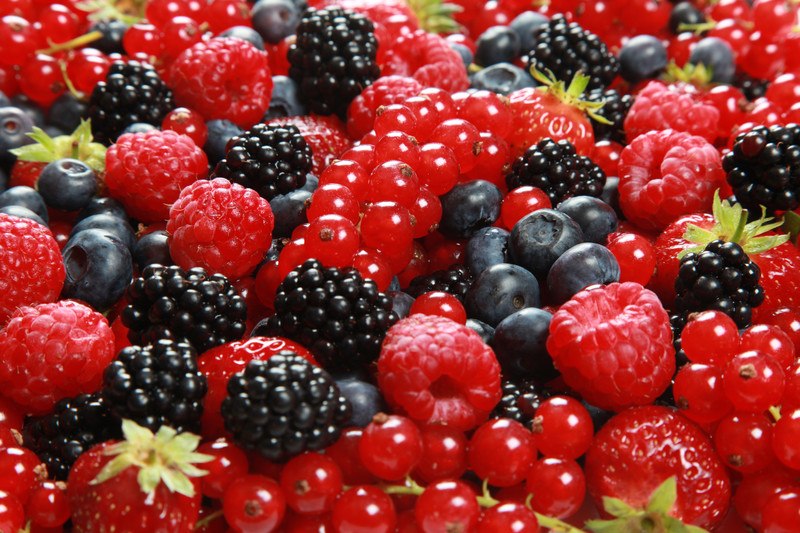
Berries are rich in vitamins, minerals, and other nutrient that impact brain health. Some sources show that women who eat blueberries or strawberries each day could slow the incidence of mental decline. Another study indicated that people who drink blueberry smoothies in the morning do better with afternoon thinking tasks than people who don’t. These results could be due to the effect of flavonoids and antioxidants in the berries.
Blueberries are also rich in vitamin K, and many berries contain high levels of vitamin C, too. Vitamin C has antioxidant effects that could impact brain function. A cup of blueberries provides 16% of the daily recommendation for vitamin C, while a cup of strawberries provides 99%. See here a list of other vitamin C-rich foods.
Coconut Oil
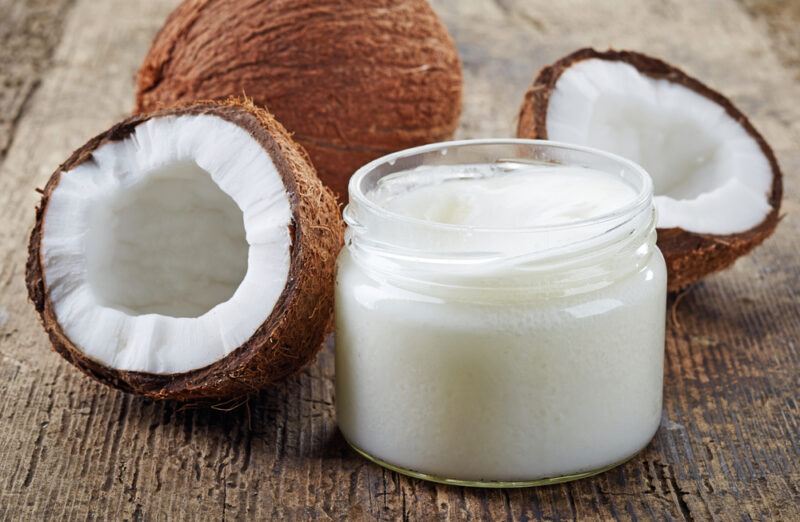
Coconut oil is sometimes touted as a good brain food. Some sources indicate that coconut oil has a tendency to reduce inflammation in the brain and stabilize blood sugar. The fatty acids in coconut oil could help reduce dementia in some Alzheimer patients, too.
This could be due to the fact that coconut oil provides medium-chain triglycerides, which the liver turns into ketones. Ketones can be used as brain fuel in the place of sugar. In the case of Alzheimer patients, it could be a better fuel source, resulting in clearer thinking.
Coconut oil could also be useful for producing shiny hair, minimizing stress, and reducing inflammation throughout the body.
Turmeric
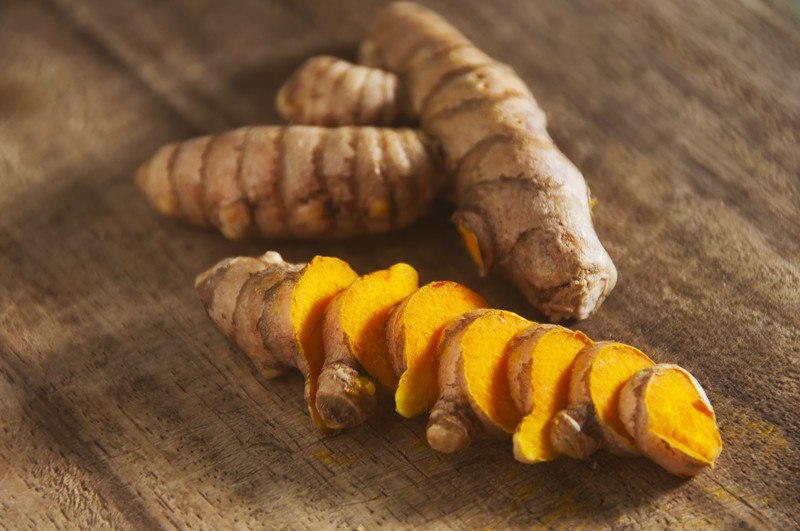
Turmeric is a root spice and medicinal herb in the same family as ginger. This bright yellow-orange root has several medicinal purposes, which are largely attributed to a compound called curcumin. Curcumin increases the levels of Brain-Derived Neurotropic factor, which can impact mood, memory, and the way we think.
Turmeric also has strong antioxidant and anti-inflammatory effects. Besides promoting brain power, turmeric could be used to improve acne, lower cholesterol, manage type 2 diabetes, and ease the symptoms of depression.
Chicken

Chicken is a surprising superfood when it comes to brain power. One study showed that chicken could help improve cognition in elderly people. This is partly due to its ability to increase the concentration of oxygenated hemoglobin in the prefrontal cortex of the brain, which could indicate that the brain is getting more oxygen. Another study showed chicken could be helpful in improving brain power in young people who are depressed or experience work-related stress.
Chicken contains tryptophan, an amino acid precursor to the neurotransmitter serotonin, which helps regulate moods and sleep patterns. Eating foods rich in tryptophan could also increase cognitive function and help improve cardiovascular issues. Other poultry meats, such as turkey, are also good sources of tryptophan.
Dark Chocolate

Dark chocolate isn’t just a luxurious treat anymore. Dark chocolate is packed with flavanols, which have strong antioxidant and anti-inflammatory properties that could support healthy brain function. Several studies show that eating dark chocolate has both short-term and long-term effects that improve cognition. While more research is needed, the outlook for dark chocolate is promising.
Dark chocolate is also rich in other nutrients that promote a healthy brain and healthy body. It’s a good source of several B vitamins, including vitamin B12, and it contains vitamin K. An ounce of dark chocolate also provides 16% of the daily recommendation for magnesium, 3% for selenium, and 9% for zinc.
Walnuts
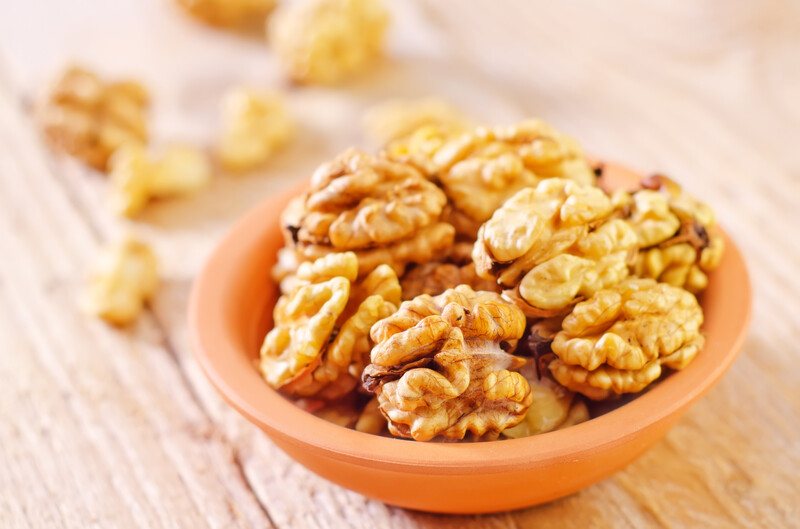
Walnuts are one of the best nuts for building brain power. An ounce of English walnuts provides around 23% of the daily recommendation for fat, but those fats are mostly great for the brain. Like chia seeds, walnuts omega-3 fatty acids that help with brain function, as well as other polyphenols.
English walnuts are a good source of many B vitamins, including vitamin B6 and folate. Walnuts also contain vitamins E and K, and they’re a good source of protein and minerals, too. An ounce of English walnuts provides 11% of the daily recommendation for magnesium, 3% for selenium, 8% for zinc, and 17% for the amino acid tryptophan.
Sweet Potatoes
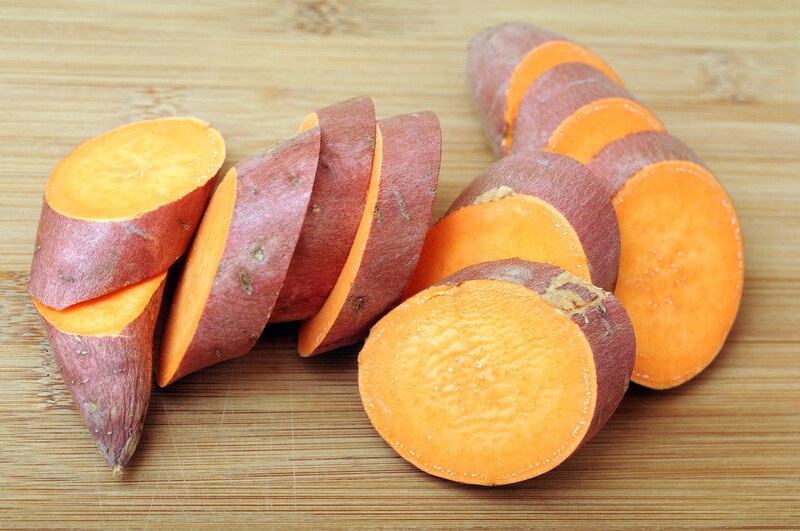
Sweet potatoes are rich in fiber, which could help boost brain function by helping build a healthy gut microbiome. One cup of raw sweet potato cubes provides 14% of the daily recommendation for fiber.
Sweet potatoes are also rich in vitamin A, which is important for normal brain function. A serving of sweet potato cubes contains around 105% of the daily recommendation for vitamin A, and it’s a good source of folate, several B vitamins, vitamin K, selenium, zinc, and magnesium.
Some animal studies show that eating sweet potatoes could help with brain function by reducing inflammation in the brain. Sweet potatoes also contain a compound called choline that is essential for brain development and the production of a neurotransmitter called acetylcholine.
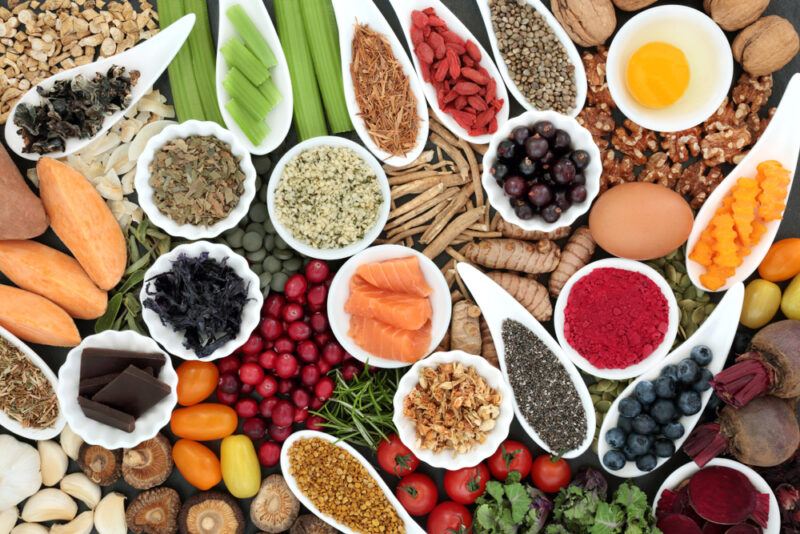
Five Natural Ways To Boost Brain Function
Now that you’ve read through the list of the 12 best foods for brain power, let’s discuss some other ways you can improve your thinking. These are all-natural techniques, so they don’t cost anything besides the effort to do them.
Idea #1: Deep Breathing
Doing deep breathing exercises could help bring oxygen to the brain. One study shows that paced deep breathing could positively impact several areas of cognition.
Idea #2: Get Enough Sleep
Sleep deprivation takes its toll on the ability to think, to the point that it can impair driving and other activities. Getting enough sleep could help you think well enough to avoid accidents and injuries.
Idea #3: Drink More Water
While more studies need to be done, there is some evidence that drinking more water could improve cognition. Carry a water bottle with you and sip on it throughout the day.
Idea #4: Get Out In The Sun
Eating salmon isn’t the only way to get brain-boosting vitamin D. Try to spend at least 20 minutes a day out in the sun, because sun exposure helps your body produce the vitamin D it needs.
Idea #5: Exercise
Some research shows that regular exercise could help elderly people maintain their cognitive abilities. Aerobic exercise appears to be especially helpful.





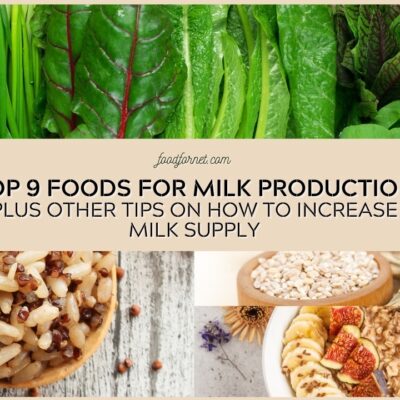

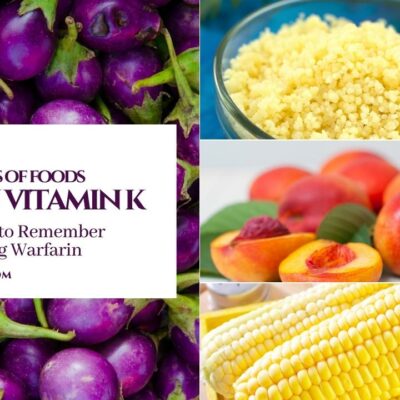

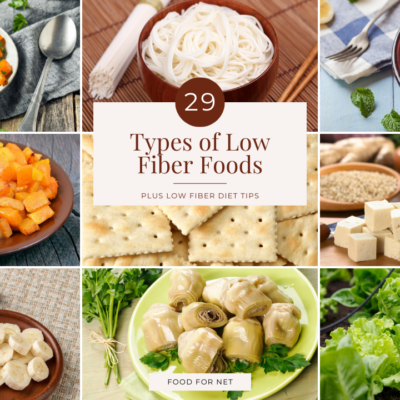



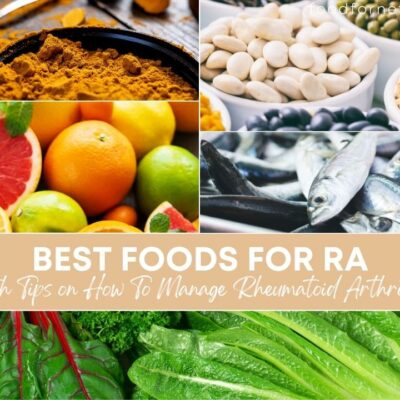
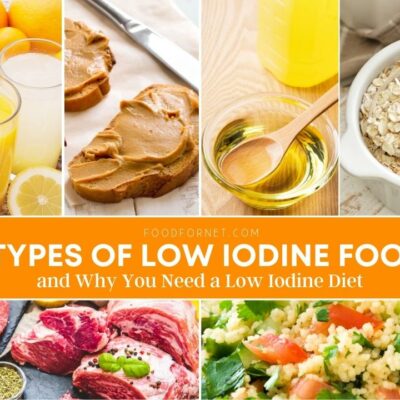


 The Most Expensive Alcohol You Won’t Ever Be Able To Afford
The Most Expensive Alcohol You Won’t Ever Be Able To Afford
Leave a Reply